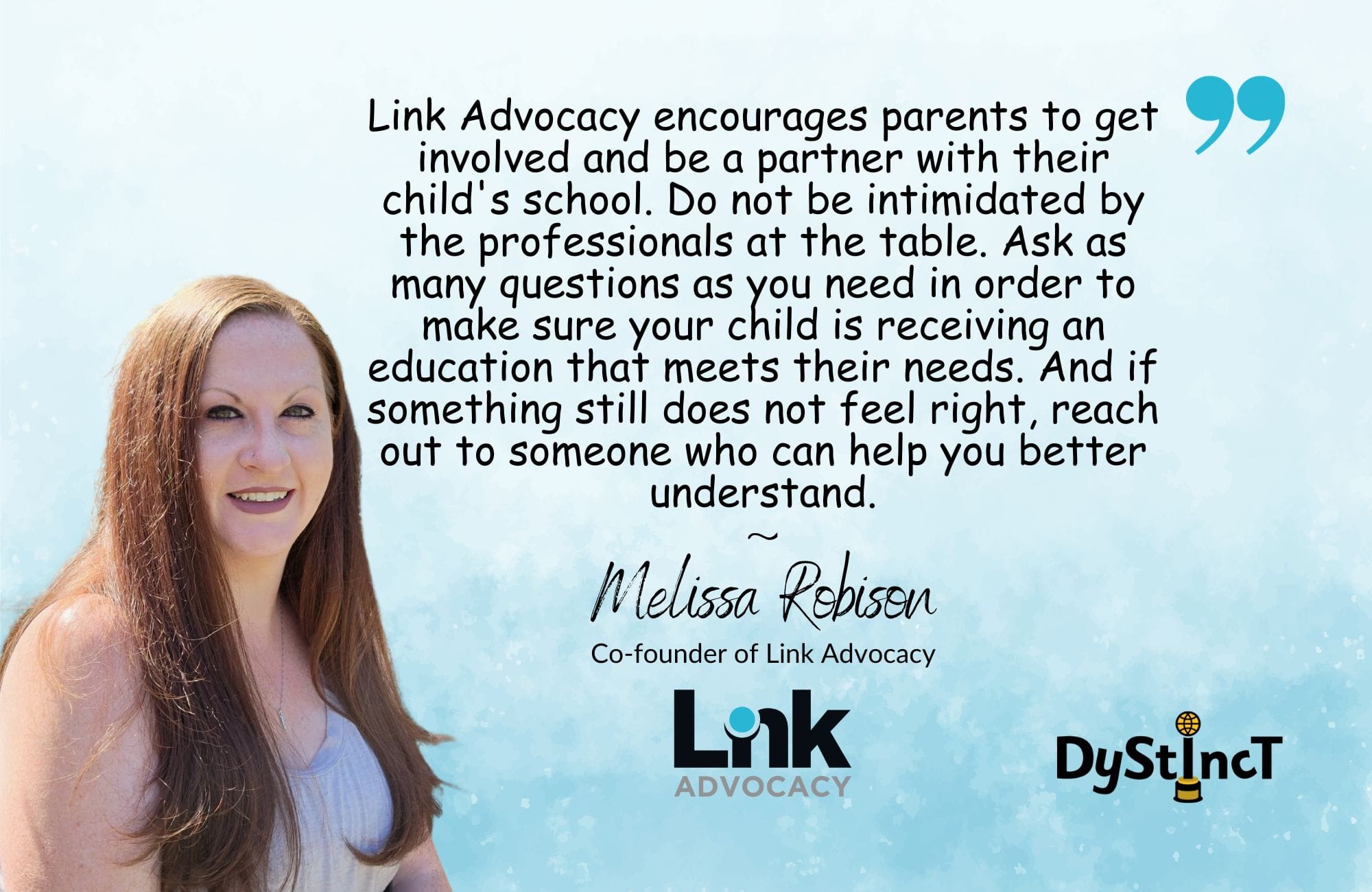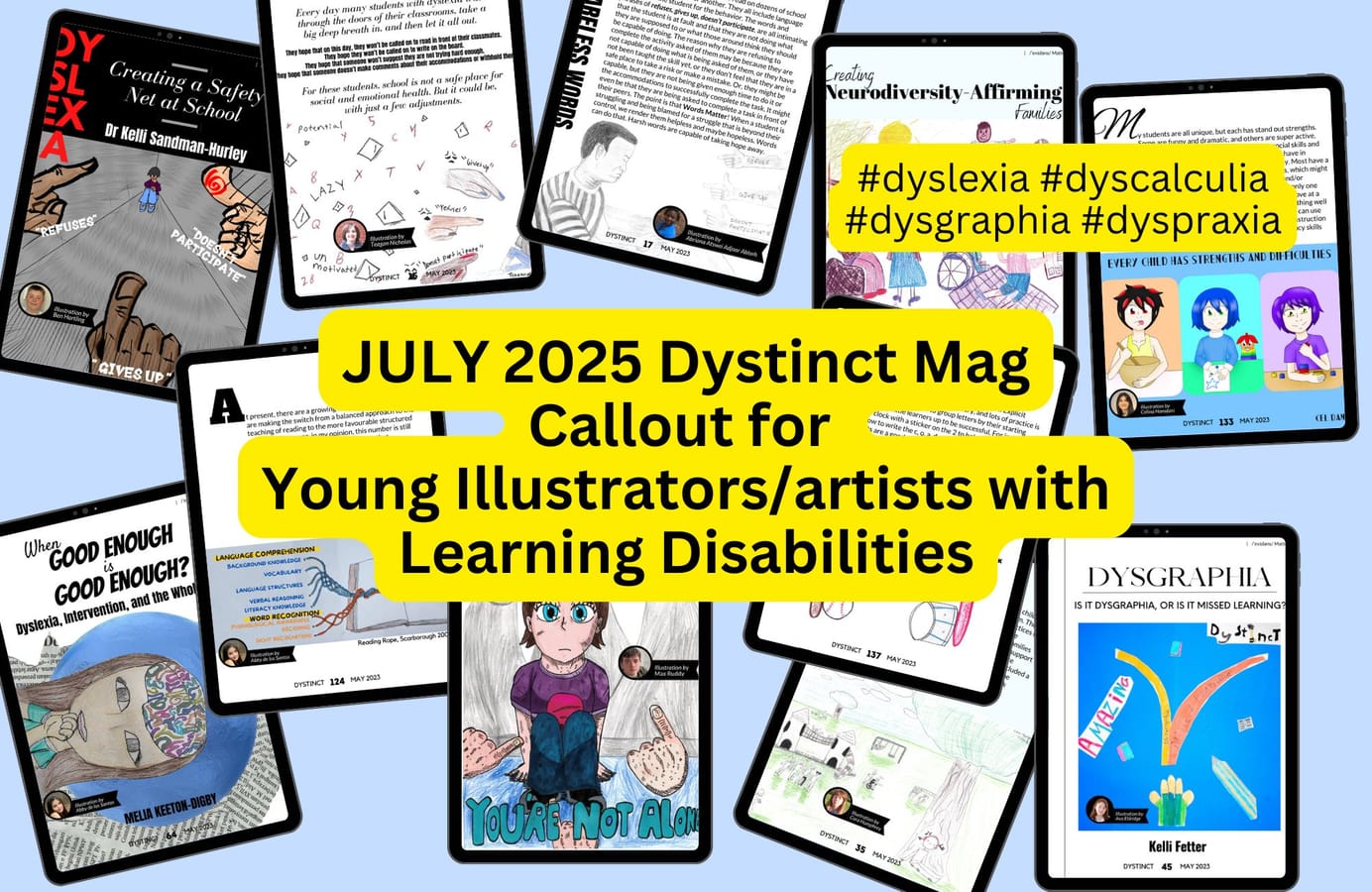
Issue 19: Top 10 Important Reasons Behind Keeping Proper Documentation of School Records | Melissa Robison
Melissa Robison highlights the crucial importance of proper documentation of a child's educational journey, emphasizing how it can play a pivotal role in advocating for students with diverse needs, ensuring their rights are upheld.
Table of Contents
Documentation of our educational journey from pre-school to college is not always something parents think about maintaining. But for some, educational documentation can be the key to helping the educational team understand their child’s needs. Proper documentation of your child’s educational journey should be gathered to ensure your child’s needs are being met within the current classroom or school setting. As a parent, and especially as a parent of a student with diverse needs, it is incredibly important to maintain annual education records and to know your rights.
In order to obtain a full set of records, phone your child’s school and ask to whom a written request for records should be sent and if there is a specific form that can be sent to make the request. Keep in mind the school has 45 days to fulfill a record request.
You might be asking, do I really need to request ALL of my child’s educational records? Below are 10 great reasons to consider a record request sooner rather than later.
Child Find
Child Find
Child Find requires that parents, daycare providers, therapists or doctors who are aware of a child with diverse needs, or possible diverse needs, bring it to the school’s attention. Documentation from any of these people can be shared with the school district or early childhood intervention center as a way to discuss whether the child is encountering any developmental delays. The earlier a delay is identified, the faster a child may remediate that skill. If you have concerns, provide your documentation of the concerns to the county for early learners or the public school district if the child is already enrolled.
Requesting an Evaluation
Requesting an Evaluation
Documentation of your child’s educational journey is very important in this process. To request an educational evaluation, start by generating an email requesting your child be evaluated and requesting to meet with the educational team to discuss your concerns further. For this meeting, it is advantageous to bring documentation with you that demonstrates your area of concern and to show how your child is being impacted at school due to a suspected disability. Do not leave this meeting without a written response to your request. This documentation is important!
Least Restrictive Environment (LRE)
Least Restrictive Environment (LRE)
All students have a right to be educated in the LRE. LRE ensures a student is educated closest to home, based on the student’s Individual Education Plan (IEP), decided by the team- minimally once a year and the potential harmful effects are considered. Documentation to consider when determining LRE is: student report cards, IEP progress updates, benchmarking data, intervention data, behavior intervention plan, and progress monitoring regarding academics/social-emotional concepts/behavior. If professionals on the team have observed your child, that documentation should be considered as well.
Student Discipline
Student Discipline
Student discipline should be factually documented. Too often, feelings get intertwined with the facts; this can have serious implications for any student. If the parent or school team starts to see a pattern of behaviors affecting your student (academically, socially, emotionally or behaviorally) you can request a Behavior Intervention Plan (BIP). This plan uses documentation and data to help the child grow towards gaining the skills necessary to access his/her education. It is important to know that any student may have a behavior plan, not just diverse learners.
Special Education Eligibility
Special Education Eligibility
Special education eligibility is different from having a medical diagnosis of a disease or condition. While a student may have a medical condition, in order to qualify for special education services at school, there must be documentation that the disability is impacting the student to the degree that he/she is not able to meet the same expectations as grade/age level peers. If a parent shares outside medical information with the team, it must be reviewed and considered, but this does not mean an IEP will be granted. If you share outside information with the team and want your child evaluated, do not forget to put this request in writing and do not leave the meeting without a formal written response to your request.
When things are not going in the right direction, before reaching out to an outside partner, like an advocate or lawyer, try climbing the internal ladder first. Start by requesting a meeting with the education team if you are concerned with a school issue. This shows you’ve done your due diligence within the system that is set up, and you are trying to collaborate with everyone at the table. Should you be met with resistance, your written requests to meet document how you have tried to resolve the issue prior to considering the alternatives below.
Request an IEP Meeting
Request an IEP Meeting
Always request a meeting in writing and address it to the whole team. When a parent requests a meeting, federal guidelines require a response to be provided in a reasonable amount of time. However, some states have specific expectations. For example, in Illinois, the team will need to respond formally within 10 days by establishing a meeting date or providing the parent with a reason they are declining to hold a meeting. Either way, you should have a documented response to your request so that you can consider how to proceed.
Request a Meeting with Administration
Request a Meeting with Administration
If you’ve already met with the team and are still dissatisfied, continue to climb the ladder and request to speak with the Principal or the Director of Special Education. If you do not receive a response or resolution, it might be time to consider a more formal measure to reach a resolution. Working through a difference with your child’s team can be trying, but it is important to know that parents have options that do not require an advocate or lawyer!
Request a State-Appointed Mediator
Request a State-Appointed Mediator
If you and the school’s education team cannot reach a resolution when it comes to an IEP issue, you can then request a state-appointed mediator attend your child’s meeting. This comes at no cost to the parent, and the end result is a legally enforceable IEP document. A parent must request this service from the State Department of Education by filling out a form and submitting the request. This is a voluntary process, and the school district can decline to participate. Just remember, in the rare case they decline, this is additional documentation for the following options.
Written State Complaint
Written State Complaint
In the case the school district declines to participate in mediation, you can file an official Written State Complaint. A state complaint form or requirements can be located on your state board of education’s website. Make sure to pay attention to the required components of the complaint. This is where educational records and documentation come into play! Provide a letter stating the complaint and provide documentation of the claim. Frequently, a requirement of the complaint will be to suggest an acceptable outcome. The Complaint Investigator from the State has 60 days to complete an investigation of the complaint.
Due Process
Due Process
Another option that does not require a lawyer or advocate is Due Process. While you are not required to be represented by someone, it is important to become very familiar with all the steps of due process and how you will be expected to prepare for it. This is not a simple one-step process and also takes time. The appointed Complaint Investigator is required to answer procedural questions to help ensure you are appropriately prepared for each meeting or session held on your journey towards resolution. Many parents feel it is best to work with an Educational Advocate or Lawyer when filing Due Process. While it is something to seriously consider, just know it is not required, and many are not able to endure this expense to make sure their child’s needs are met.
The outcome in each situation above could hinge on the documentation you have to reference. Professionals such as doctors and lawyers can often be heard saying, if you didn’t document it, then it never happened! This is no different when it comes to documenting a child’s educational journey. Documentation can be detrimental to ensuring a child has access to a Free Appropriate Public Education (FAPE) in the United States. Consider requesting your child’s educational record and adding it to the file as they continue through school. You never know when you will need important historic information.
References
References
- Cadre Works. (2015). Quick guide to special education dispute resolution processes for parents of children & youth (Ages 3-21). [cadreworks.org]
- IDEA. (2017). Sec. 300.111 child find. [ed.gov]
- IDEA. (2017). Sec. 300.301 initial evaluations. [ed.gov]
- IDEA. (2017). Sec. 300.306 determination of eligibility. [ed.gov]
- IDEA. (2017). Sec. 300.116 placements. [ed.gov]
- U.S. Department of Education. (2021). A Parent Guide to the Family Educational Rights and Privacy Act (FERPA). [ed.gov]
- U.S. Department of Education Office of Special Education and Rehabilitative Services. (2022). Questions and answers: addressing the needs of children with disabilities and IDEA’s discipline provisions. [ed.gov]
- Witted Takif. (2018). IEP-CSE checklist. [whittedtakifflaw.com]
Melissa Robison
Co-founder of Link Advocacy
linkadvocacy.com | Facebook | Instagram | TikTok
Melissa Robison

Melissa Robison is a co-founder of Link Advocacy and has over 17 years of experience in the field of Special Education. Melissa has worked with students in kindergarten through post-high school and in public and non-public school settings. Melissa’s teaching career in special education began in the same district she attended as a student. She later became an administrator in that same school district. As an administrator, Melissa worked with some of the most complex cases, such as students placed in therapeutic day schools or residential treatment centers. Melissa stepped away from the public school setting on a new adventure 7 years ago to oversee operations and compliance for a private therapeutic day school group in the Chicagoland area. Collaborating with professionals in the public school system to help students and parents find success is a priority for her.
Extracts from Dystinct Magazine
Extracts from Dystinct Magazine















